Study from the University of Santiago de Compostela highlights importance of seafood sector in regard to biodiversity
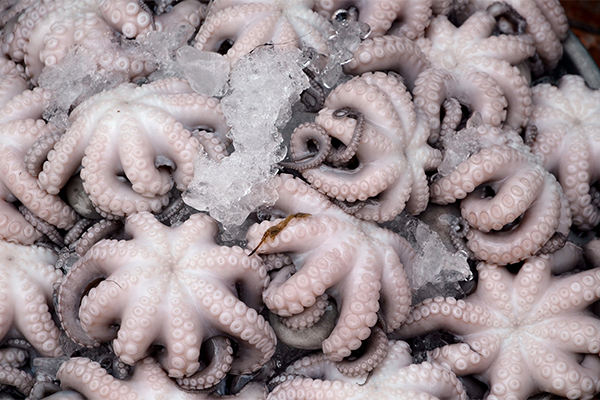
A study from the University of Santiago de Compostela sought to identify how international policy can increase the sustainability of the global cephalopod food system. It concluded that food systems policies should match ambitions relating to biodiversity conservation such as the Convention of Biological Diversity.
Using the Intergovernmental Science-Policy Platform of Biodiversity and Ecosystem Services (IPBES), the authors’ study, published in People and Nature, highlighted how critical the seafood sector is in addressing efforts to reverse biodiversity loss with more sustainable food systems.
Cephalopods – cuttlefish, octopus and squid – are vital predators within marine ecosystems and a crucial source of nutrition that can support human food security. This study sought to explore the link between ecosystems that cephalopods inhabit, food system policies and human well-being.
The researchers conducted a global literature review, analyzing scientific studies related to market drivers that influence three market sectors of the cephalopod food system: catch, trade and consumption. Their findings revealed nine dynamic traits and 29 market drivers that link the cephalopods’ ecosystems to the catch, trade and consumption of cephalopod products.
Could squid aquaculture fill the gap from declining cephalopod stocks in Japan?
The researchers also identified important value chain actors; supply chain components; cultural, provisioning and supporting services provided by cephalopods (like material and non-material indicators of human well-being) and key policies and market interventions affecting cephalopod food system dynamics.
The IPBES framework is a socioecological model of the complex interactions between human society and the natural world. It contains six interlinked elements: nature’s contributions to people, anthropogenic assets, institutions, governance (and other indirect drivers of change), direct drivers of change and good quality of life. The authors linked each of the nine food system traits identified in the study to a corresponding interlinked element of the IPBES.
Follow the Advocate on Twitter @GSA_Advocate
Now that you've reached the end of the article ...
… please consider supporting GSA’s mission to advance responsible seafood practices through education, advocacy and third-party assurances. The Advocate aims to document the evolution of responsible seafood practices and share the expansive knowledge of our vast network of contributors.
By becoming a Global Seafood Alliance member, you’re ensuring that all of the pre-competitive work we do through member benefits, resources and events can continue. Individual membership costs just $50 a year.
Not a GSA member? Join us.
Author
-
Responsible Seafood Advocate
[103,114,111,46,100,111,111,102,97,101,115,108,97,98,111,108,103,64,114,111,116,105,100,101]
Tagged With
Related Posts
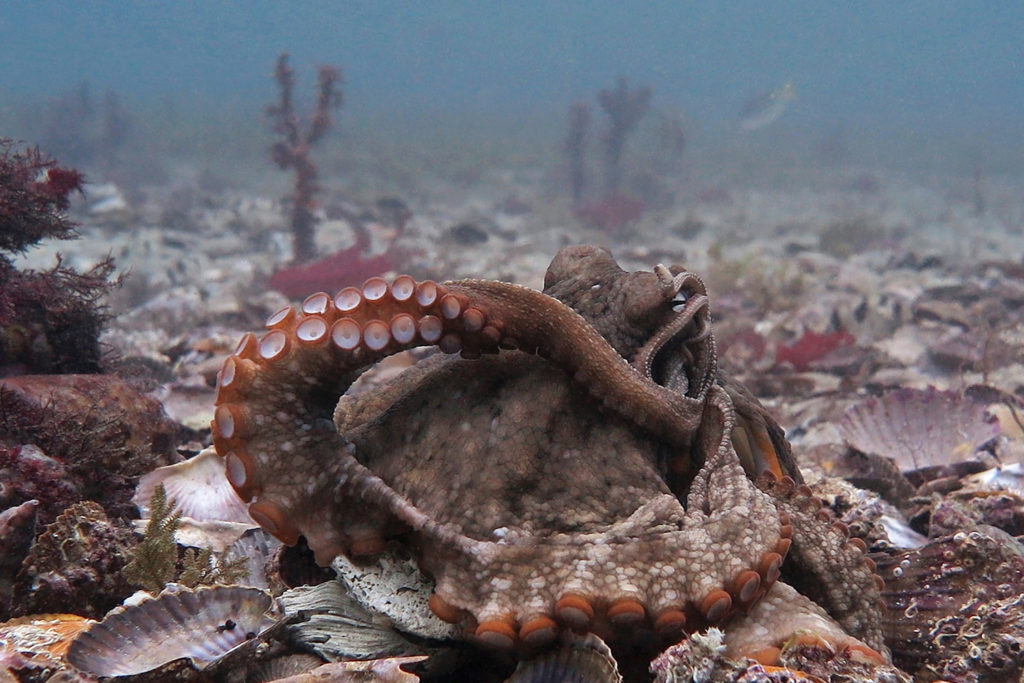
Intelligence
Octopus aquaculture – unethical or the next Big Thing?
A team of scientists recently made the case against octopus farming, but others believe in its potential. What lies behind this emerging aquaculture opportunity?
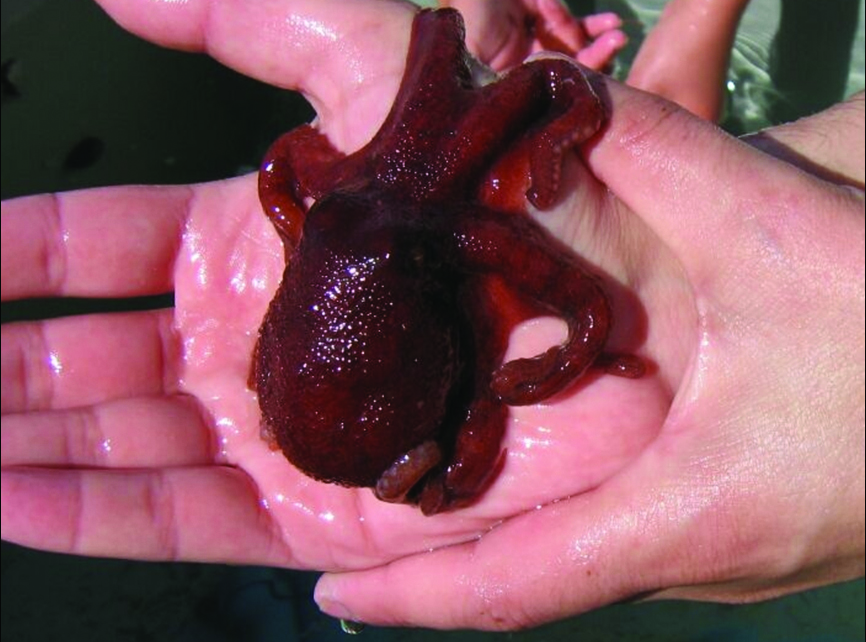
Intelligence
Octopus culture under study in Chile
In studies of octopus culture, northern octopuses exhibited fast growth in experimental culture and southern juveniles tolerated culture conditions well.
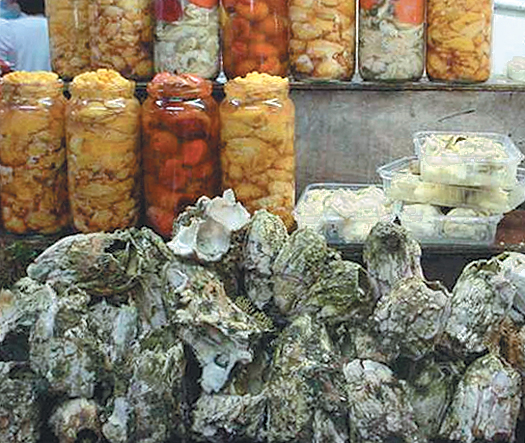
Responsibility
Aquaculture diversification in Chile: Potential of giant barnacles
Current work to support culture of giant barnacles illustrates the process of developing production technologies and their transference within Chile.
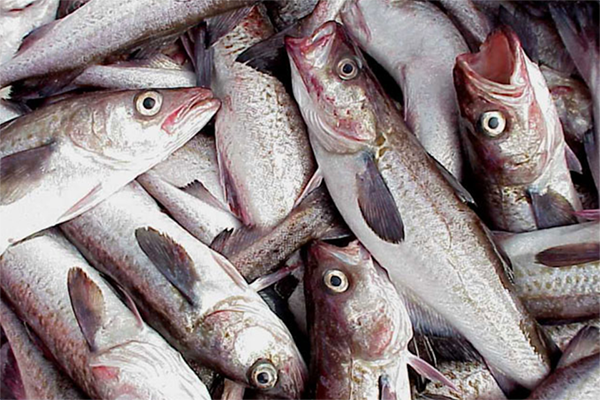
Fisheries
Gaps in the conservation status of the most important fished species of marine fish
IUCN Red List evaluations for commercial fish species must rely on integrating new factors from fisheries sources and cooperation with stakeholders and managers.



